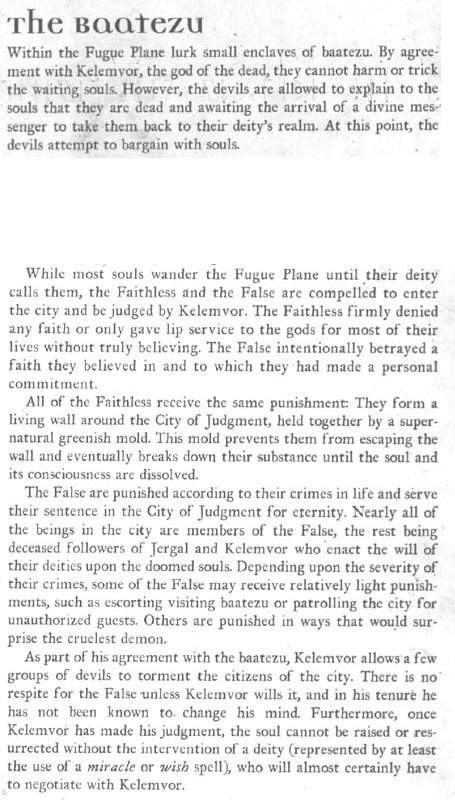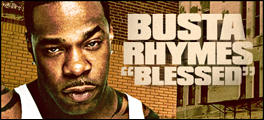Laurk, while your examples are certainly poignant, they're extremes. People don't need to kill thousands of people to be evil. They just need to be petty, greedy, selfish, and uncaring. They just have to see and cause suffering, and not care about doing so. Evil means so much more when looked at through the scope of the day to day, rather than the lens of Emperor Palpatine.
The best evils, I've found, are the ones that take the viewpoint that they don't need to operate by society's definitions and boundaries that we consider ethical. Instead, they do what's good for them at the end of the day.
But, my two cents. It likely doesn't fit in the overarching D&D cosmological definitions that are being discussed, but it compels me moreso than a malefic sower of hatred and despair.
The best evils, I've found, are the ones that take the viewpoint that they don't need to operate by society's definitions and boundaries that we consider ethical. Instead, they do what's good for them at the end of the day.
But, my two cents. It likely doesn't fit in the overarching D&D cosmological definitions that are being discussed, but it compels me moreso than a malefic sower of hatred and despair.





 Even if you were good aligned.
Even if you were good aligned.

Comment